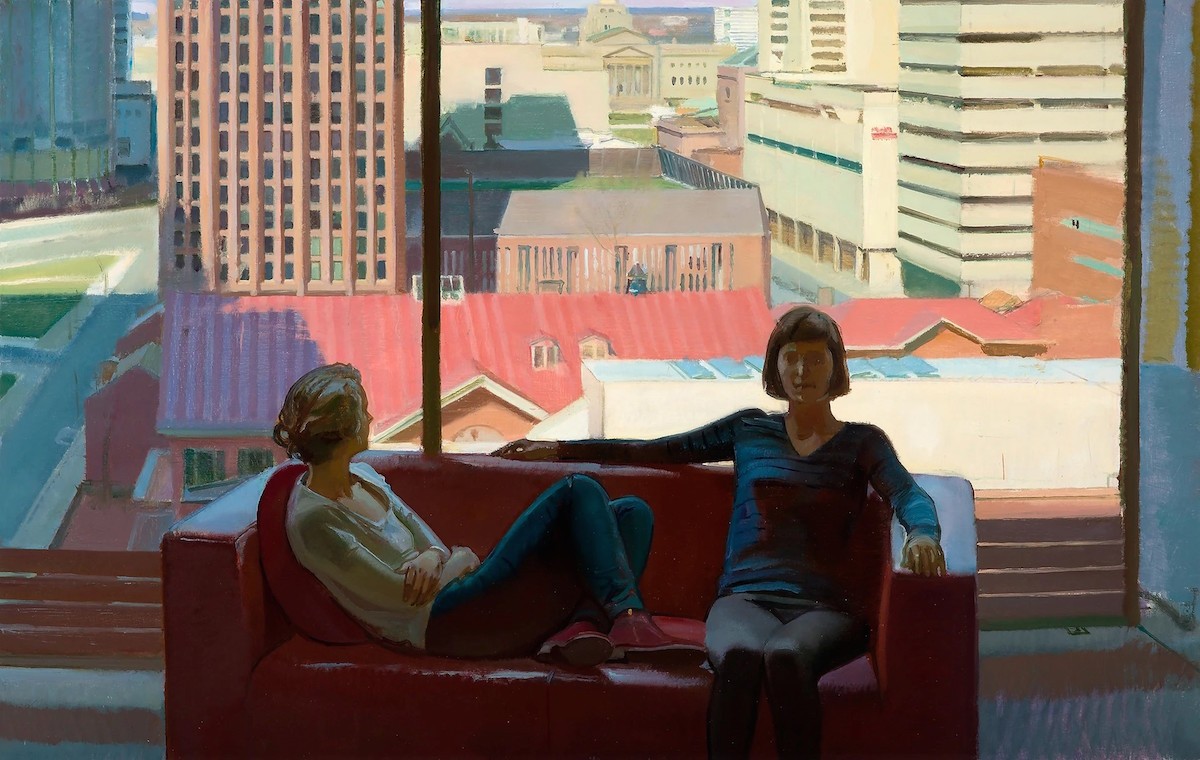Mooi Mokum
The demand for housing in Amsterdam is enormous. Over the next 30 years, the municipality will build 150,000 new homes. But how do you build for happiness? In the exhibition Mooi Mokum – An Alternative Building Code for Housing Happiness, the City of Amsterdam explores opportunities for better living environments in a dynamic, growing city.
Space is scarce in Amsterdam, and so are available homes. The city currently has over 450,000 homes, and the municipality plans to add another 150,000 in the next 30 years to meet the demand. This equates to about 7,500 homes per year. To achieve this, space within the existing city must be utilized. This densification challenge is outlined in the Omgevingsvisie Amsterdam 2050 (Environmental Vision Amsterdam 2050).
Building enough homes is a challenge in itself. The city’s diverse users often have conflicting interests. Additionally, issues like nitrogen regulations, a shortage of labor, and complex financial and legal conditions further complicate the process.
Mooi Mokum (Beautiful Mokum)
Currently, the focus seems to be on where and how much we build. But is there enough attention to the quality of what we build? If the city meets its goals, nearly a quarter of the housing stock will come from the period between 2022 and 2050, primarily in the form of larger collective housing blocks and residential towers. Therefore, the question of whether these homes are also good homes becomes even more important.
The quality of housing and the aesthetics of residential buildings are once again receiving attention within the professional community. Recently, various design collectives and firms such as BETA, Common Practice, De Zwarte Hond, Falsework, MVRDV, and Platform Woonopgave have published studies on high-density residential buildings.
In addition to this, the Department of Spatial Planning & Sustainability (R&D) – the city’s division responsible for long-term urban design challenges – is now presenting the initiative Mooi Mokum, a study on the quality of residential buildings. Together with students from TU Delft, R&D analyzed 19 buildings, focusing on the quality of living, community, governance, aesthetics, and sustainability.
With the ambition to improve the quality of contemporary housing production, R&D, in collaboration with the aforementioned firms and experts, developed an alternative building code aimed at increasing housing happiness. This code focuses on the design of good homes, their appearance, and the necessary conditions for realization. The exhibition seeks to inspire a lively conversation about the future of housing in the city.
Opening: 24.10.2024, 3:30 pm
